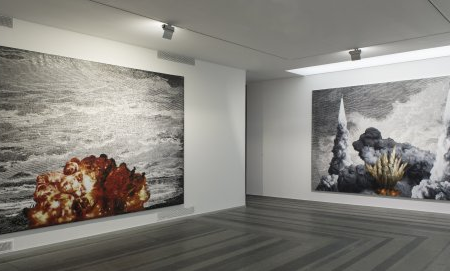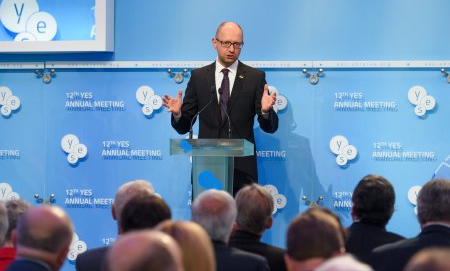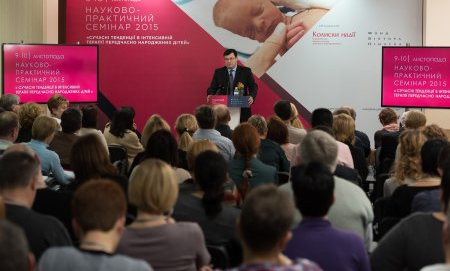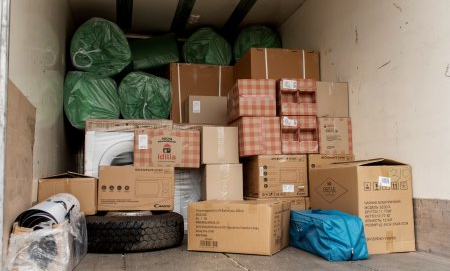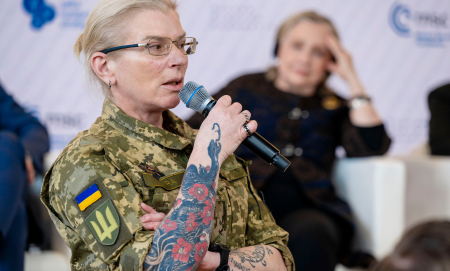News
Victor Pinchuk Foundation hosts Genocide in Ukraine’s History Discussion on the occasion of WEF 2023
On 19 January 2023, Victor Pinchuk Foundation held in Davos (Switzerland) Genocide in Ukraine’s History discussion. The event was held as part of the UKRAINE IS YOU project, organized jointly with PinchukArtCentre and in cooperation with the Office of the President of Ukraine. The project brings together global thinkers, experts and people from on the ground in Ukraine to discuss the assault on the country, Russian war crimes and also the hope and empowerment of defending freedom and independence.
The panel was represented by Serhii Plokhii, Professor of Ukrainian History, Director, Ukrainian Research Institute, Harvard University, and Borys Gudziak, Metropolitan Archbishop of Philadelphia for Ukrainian Catholics in the United States, President, Ukrainian Catholic University. Niall Ferguson, a Stanford University historian, moderated the discussion.
Serhii Plokhii started the discussion recapping Ukraine’s past in relation to genocides: “Ukraine, unfortunately, has not been a stranger to genocides in principle: the Holodomor of 1932-33, the Holocaust during World War II where Ukraine was one of the main killing fields. And now we are again facing a situation of attempts that are being made to annihilate the country, the nation, culture and identity.”
Niall Ferguson said: “It appears to me that Ukraine has been fully born as a nation in the past 11 months, and we see for the first time the prospects of a strong Ukrainian state, which clearly wasn’t firmly established after 1991.”
He went on: “Why does this keep happening, and why has it proved apparently impossible to learn from this and avoid this terrible thing – genocide – from repeating itself?”
Serhii Plokhii suggested that the rise of very weak states and revanchism of the old powers could be the reason.
“When war and genocide in different forms come together you need a strong national solidarity, national identity and a strong state that is able to defend itself,” he opined.
Borys Gudziak said: “There is a deep pathology, not only in the head of Putin, not only in the KGB structure , but deep in Russian culture. Many Russians find it difficult to accept Ukrainian identity and Ukrainian national purpose.”
“Russia needs to be cured of its imperialism. It needs to be cured of morally, ideologically, historically and culturally pathological stimulus of aggression, conquest and genocide. It has to be cured. How do you cure Russia of that? Well, we have a historical precedent: Germany had to absolutely lose the war, there had to be a Nuremberg process, Germans repented, and we have a new Germany today,” he added.
Serhii Plokhii said: “That happens as a result of dehumanization, which is achieved through the use of the Nazi criminology. Putin invaded Ukraine with the idea that language equals culture, and culture equals state loyalty, meaning that if you speak Russian, then you are a Russian, and if you are Russian, then you are loyal to Russia. But he faced the reality. There is a different form of national identity, which is opposite to the notion that a language defines who you are.”
“The best cure for this recurring pattern of genocide is Ukraine’s victory and an effective defeat of Putin’s Russia,” Niall Ferguson said in conclusion, closing the discussion.
Photos from the event are available here
Video from the event is available here













